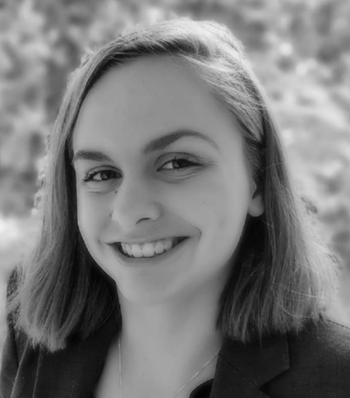‘Queer Russia’ and ‘Bad Sex’ among courses offered by Wesleyan University for upcoming school year
'Queer Russia' will examine 'the ways in which Russian and Western narratives of queerness align and diverge.'
The courses fall under the university’s Queer Studies cluster, focused on 'queer theory, theories of difference and embodiment ... , queer of color critique, and transnational sexuality studies.'
“Queer Russia” and “Bad Sex” are among the courses that Wesleyan University in Connecticut plans to offer its undergraduate students this fall.
“The current ongoing war in Ukraine has resurrected the Cold War-era narratives about Russia as a dark, aggressive, and ruthless military power,” the course description for “Queer Russia” reads. “This course focuses on gender and sexuality in exploring an alternative cultural history of Russia, which highlights its queer legacy from the nineteenth century to the present.”
[RELATED: Colleges offer courses on ‘queering’ children, the Bible]
The course requires students to “examine poetry, fiction, art, memoirs, plays, films, performances, and discursive texts that showcase uniquely Russian conceptions of marriage, gender relations, gender expression, and sexual identity.”
The course will also examine “the ways in which Russian and Western narratives of queerness align and diverge.”
The course, which requires no knowledge of the Russian language, will be taught by Roman Utkin, who specialized in various areas of Russian literature, poetry, and art.
The course description for “Bad Sex” begins with a quote by conservative New York Times columnist David Brooks condemning the practice of having multiple sexual partners as “spiritual suicide.”
“Brooks is far from alone in this critique of promiscuity,” the description goes on. “What is it about ‘casual encounters’ and hookup culture that so disturbs?”
The description then questions many societal attitudes toward casual sex and hookup culture, inquiring why “we think of anonymity and intimacy in sex as mutually exclusive” and “[w]hat ... we make of desires that are politically troubling.”
“This course will consider widespread cultural anxieties about sex, sexuality, desire, and pleasure from sociological and psychoanalytic perspectives,” the description concludes.
The course will be taught by Greg Goldberg, a sociology professor.
[RELATED: Scholar: ‘Kinky people’ should be a protected class]
Both courses fulfill one course credit. Tuition at Wesleyan for the upcoming school year is set at $66,716, with fall courses coming in at a per-credit rate of $8,340.
Both of these courses fall under Wesleyan University’s Queer Studies Cluster, a grouping of courses that focus on “queer theory, theories of difference and embodiment (including disability and trans studies), queer of color critique, and transnational sexuality studies.”
“How does sexual normativity structure and shape diverse social and political institutions?” the Queer Studies page asks. “What are the intersections of sexual marginality and other axes of difference (gender, race, ethnicity, disability, class, indigeneity, nation)?”
Courses previously offered under this cluster include “Historicizing Early Modern Sexualities,” “Black, White, and Queer Forms and Feelings,” “Queer Opera,” and “Waiting: Bodies, Time, Necropolitics.”
The cluster plans to offer courses such as “Intimate Histories: Black Women’s Sexuality” and “Health, Illness, and Power in America,” next spring.
Campus Reform has reached out to all entities and individuals mentioned in this article for comment and will update accordingly.

